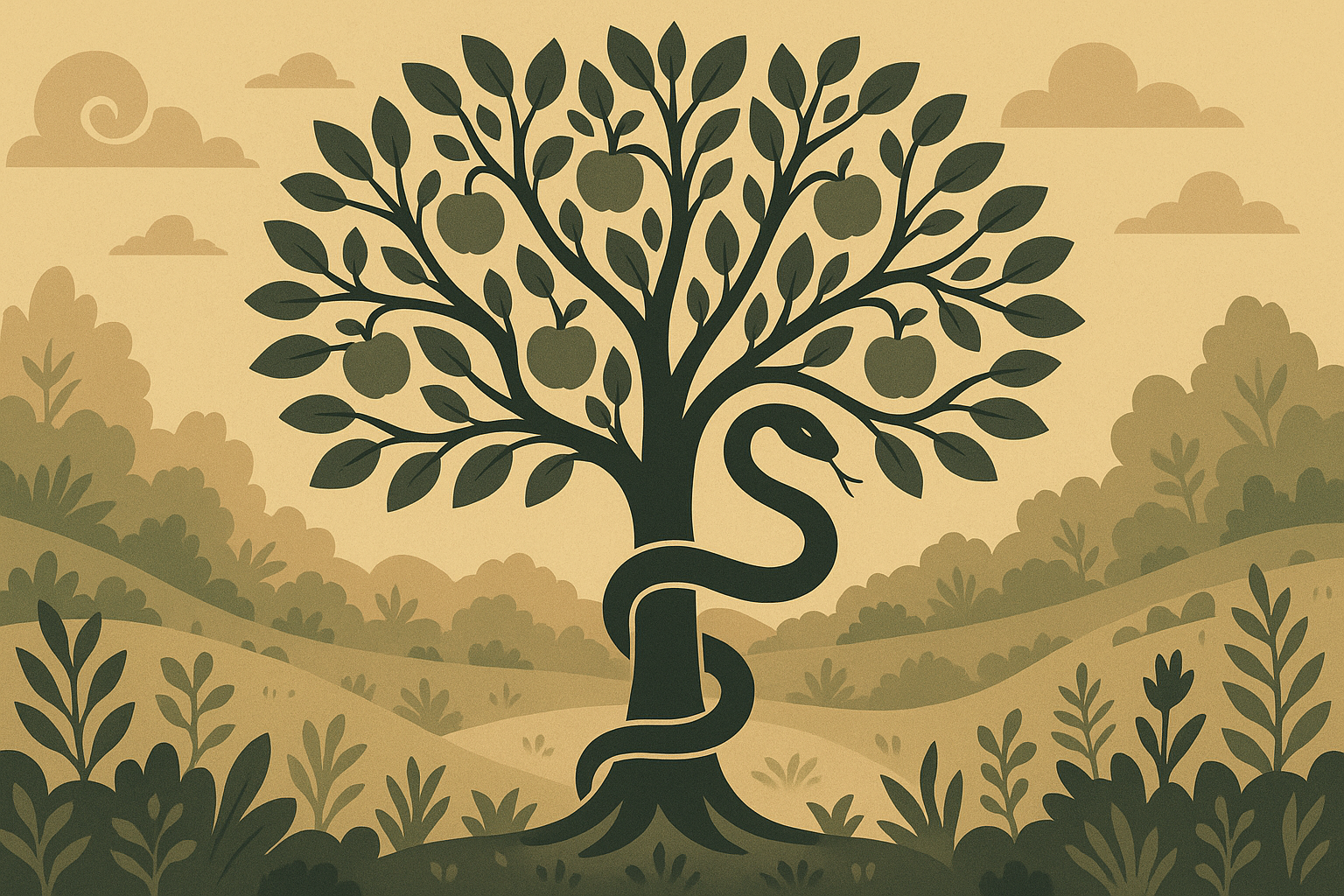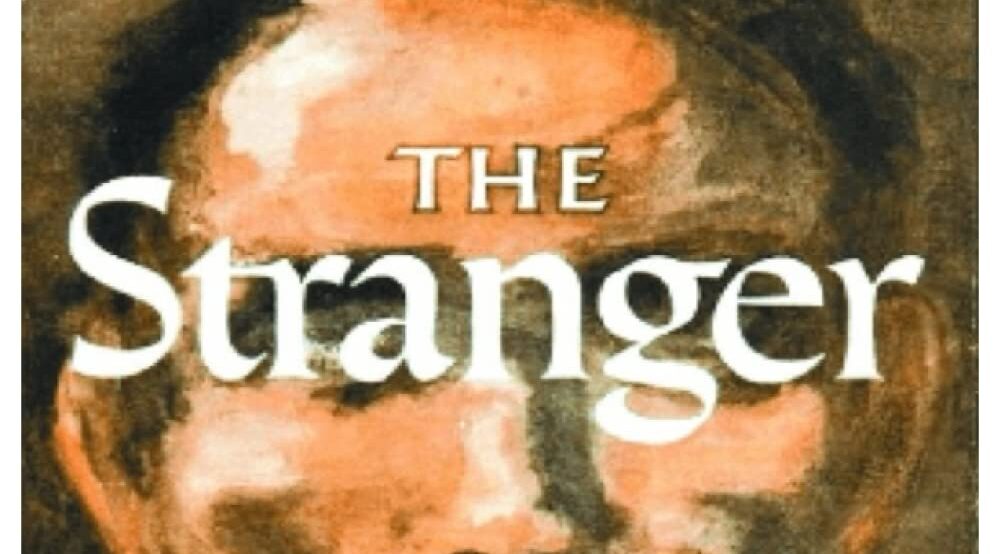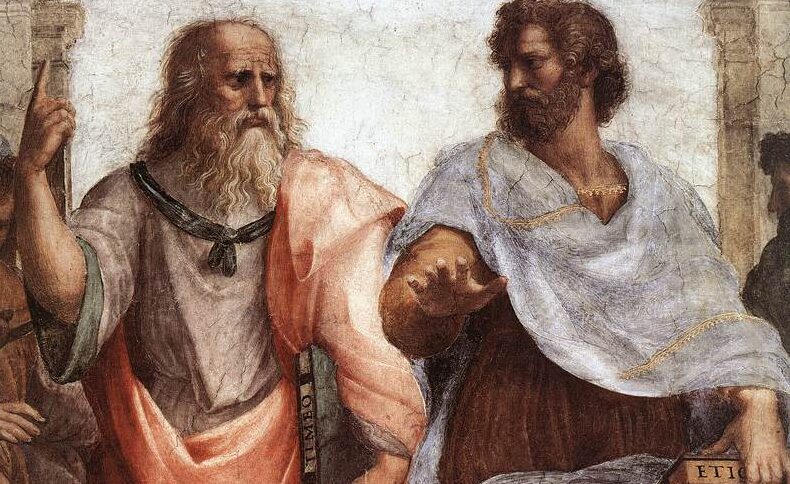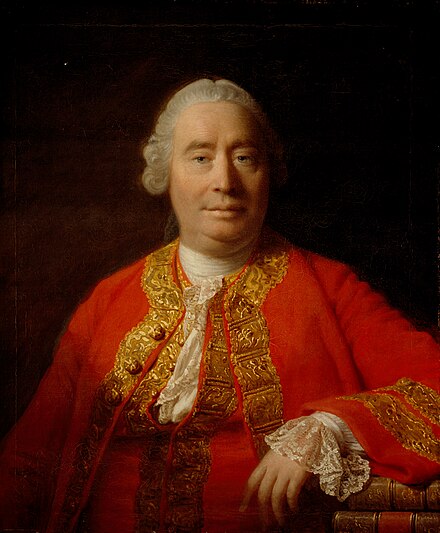What Is Paganism?
Understanding General Revelation and the Lucifer Story When you say the word paganism, it conjures different images depending on your cultural background. For those raised in the 1980s, it may…
The Aseity of God and Our Glorification: Alastair Roberts and Owen Anderson on the Tree of Life
By Owen Anderson, Ph.D., Professor of Philosophy and Religious Studies, Pastor of Christ the King RP in Phoenix, AZ. Was the Serpent Right? A few years ago, I had a…
Reason in the Modern Age
As a discrete age in history, the modern age defines itself by its inability to solve the most challenging and basic problems facing humans. The Reformation raised challenges to the…
The Concept of the Natural Moral Law as a Legal Theory
It takes time for belief systems to be lived out and their inadequacy revealed for all to see. The intellectual energy released in the attempt to fuse Aristotle and Christianity…
Existentialism and the Rejection of Creatureliness
Sartre and other existentialists assert that existence precedes essence—that we first exist, and only then determine who we are. To them, true freedom means creating our own identity without any…
Why did he do that? Free will, laws, and chaos
My friend has a new favorite movie: Snow White. He’s seen it seven times—once for each dwarf. Now he’s conflicted… should he go again? He finally decided: yes, he’ll see…
Is My Will Free?
This question isn’t primarily about what caused me to want what I want. That’s a question of self-examination—backward-facing, aimed at the soundness of our reasoning. Instead, when we ask “Am…
What The Stranger Teaches Us
Our men’s group is reading Albert Camus’s The Stranger. In it, Meursault is condemned to die for murder. He receives the death penalty, but in truth, so have we all….
Christian Philosophy: Against Plato
Part 1 Christian philosophers often admire Plato, finding insights in his writings that seem compatible with Christian thought. Some go so far as to say he prepared pagans for the…
The Degradation of Original Monotheism: From Polytheism to Naturalism
David Hume and the Naturalistic Origins of Religion David Hume (1711–1776), in his Natural History of Religion (1757), presented a theory about the origins of religious belief that has since…





